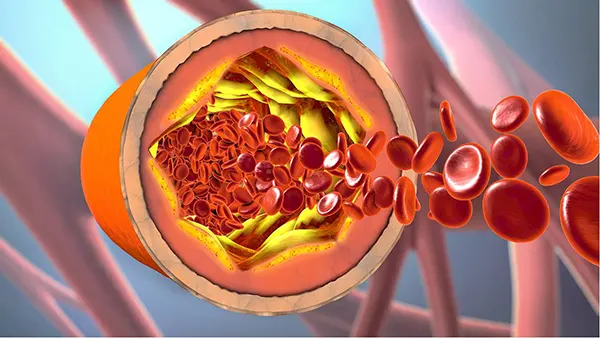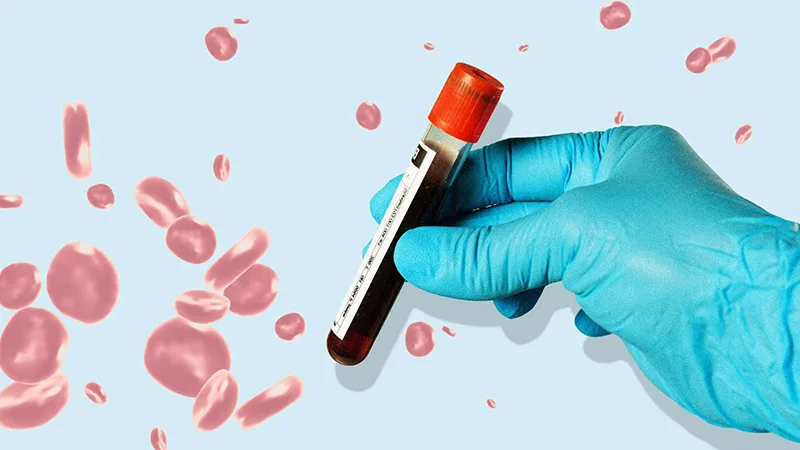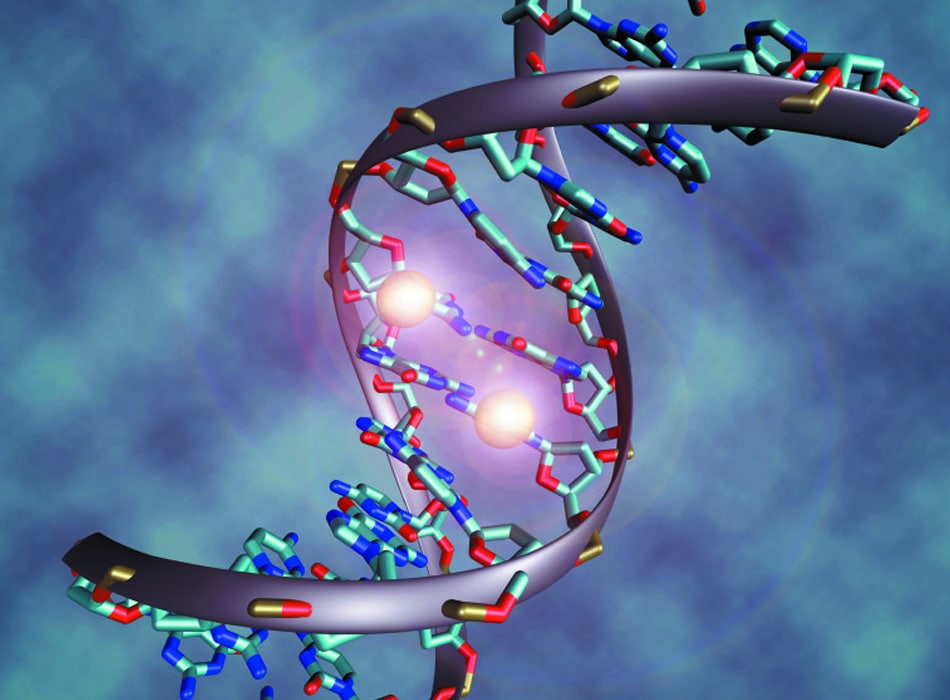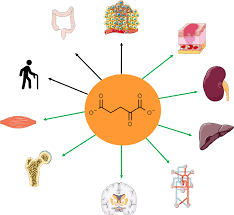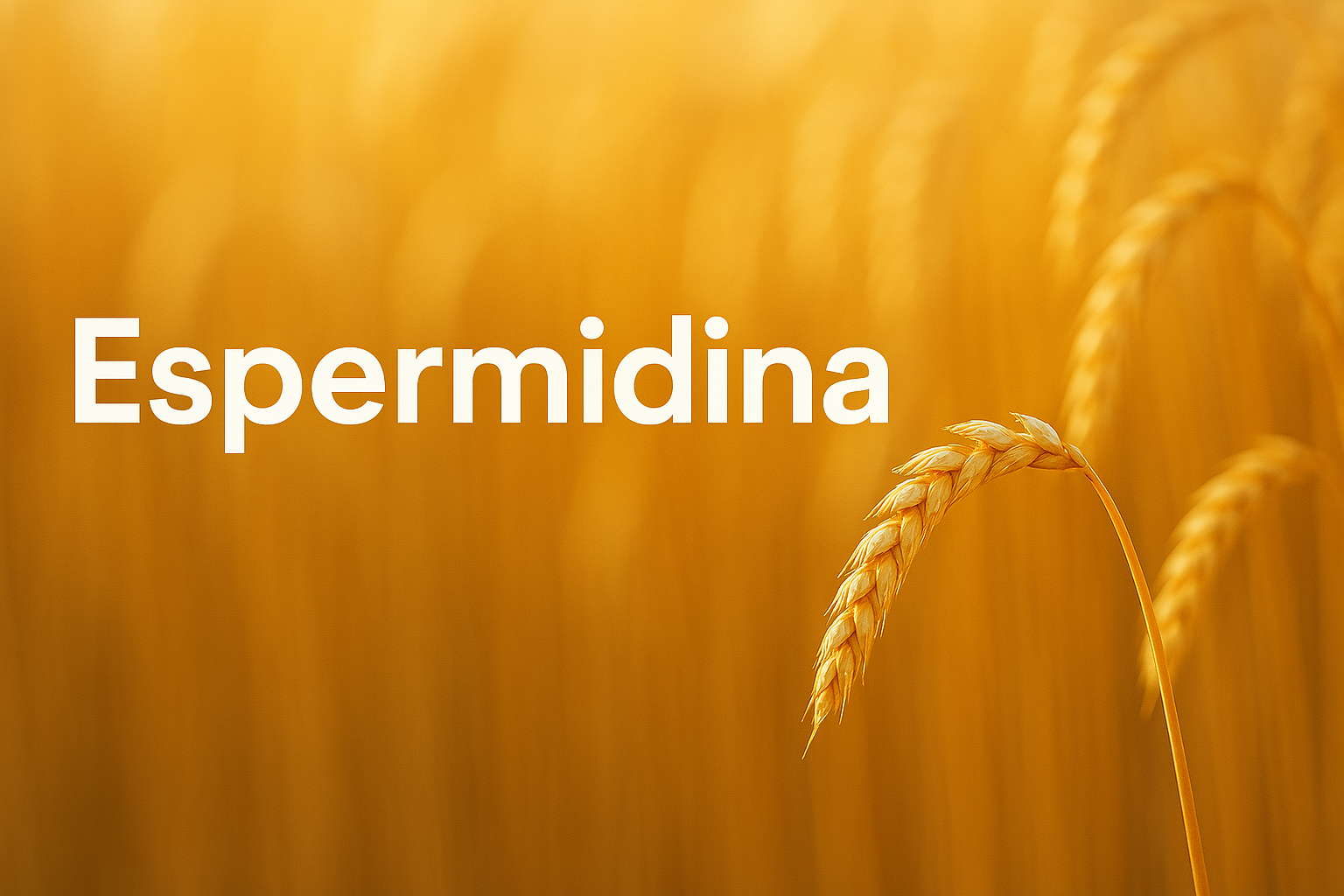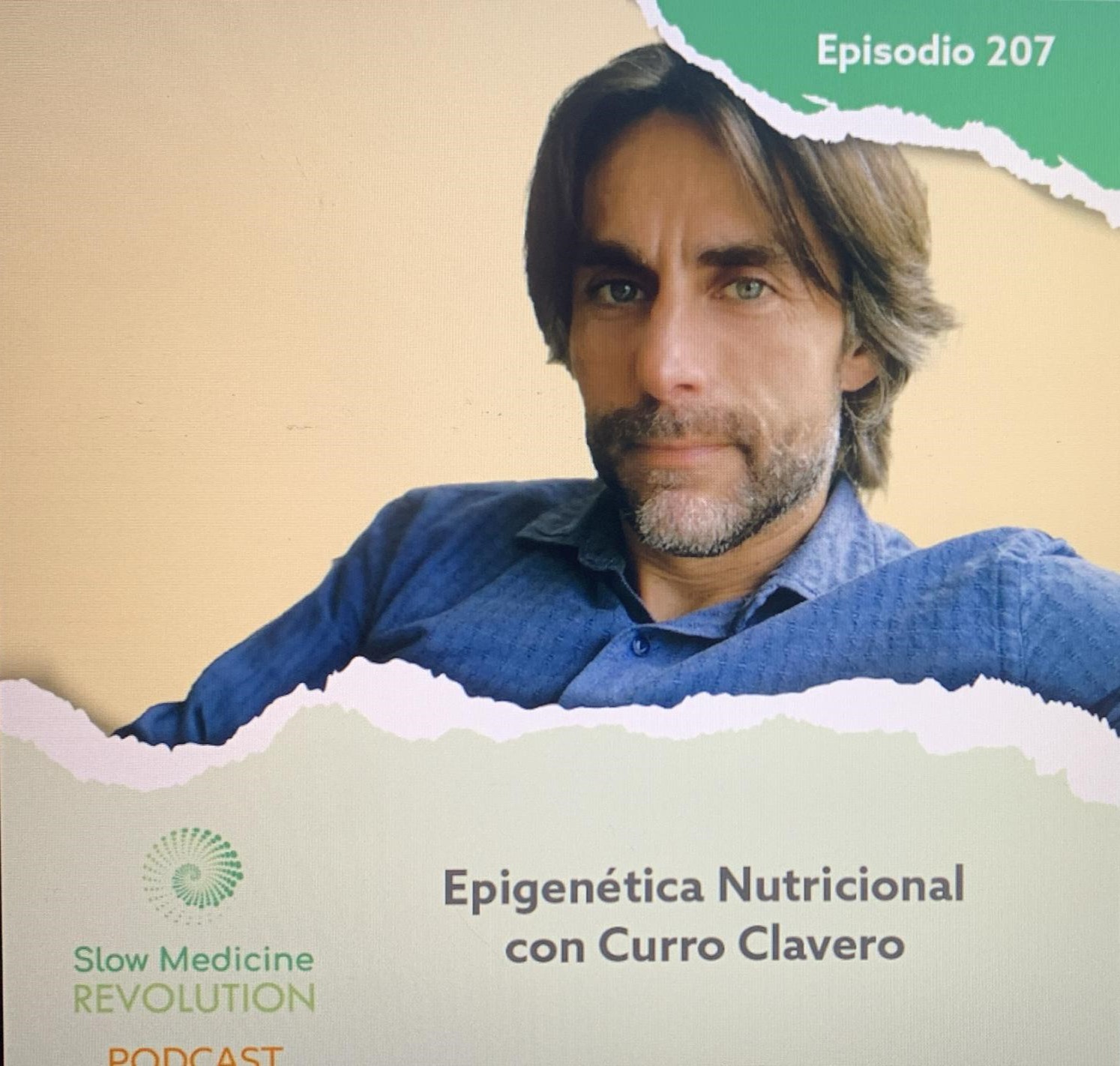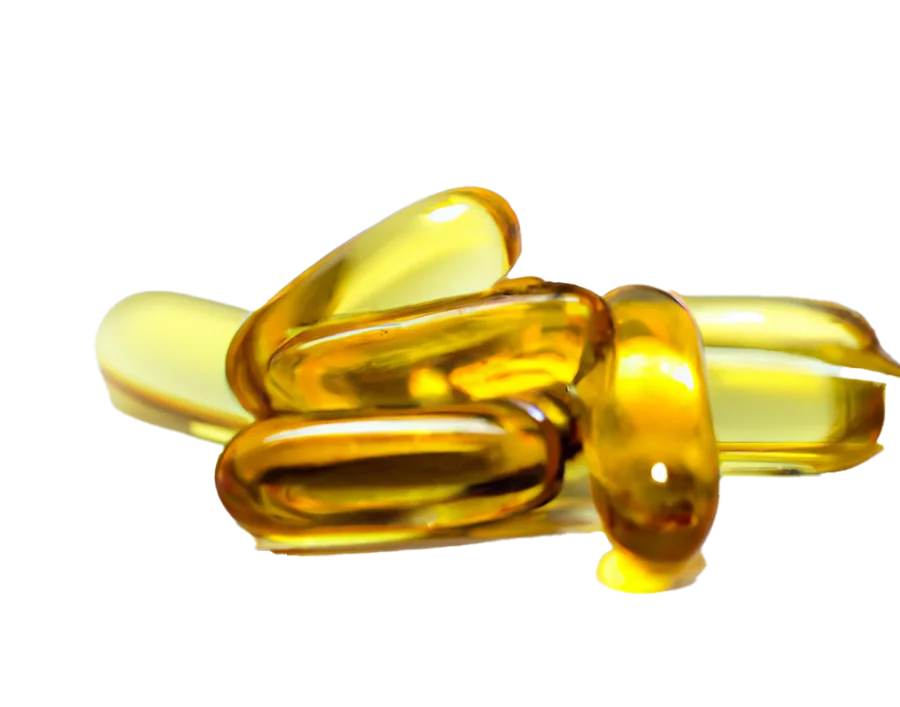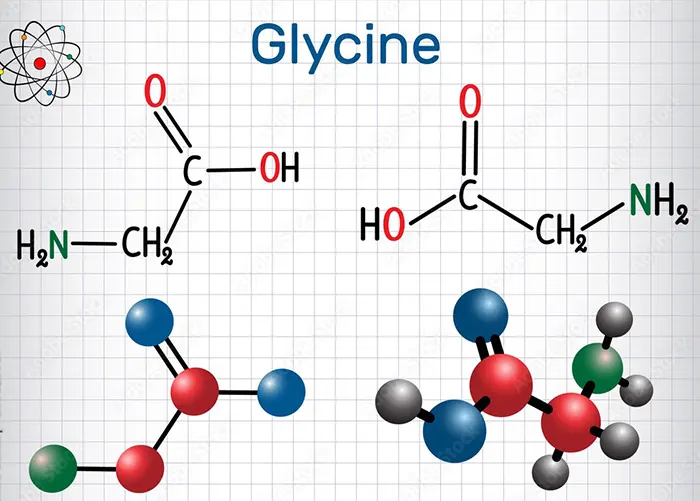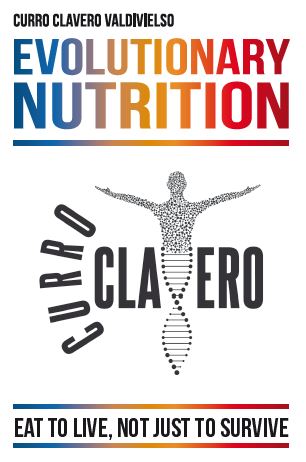Vitamin D is essential for the organism due to its wide range of functions. Though it’s known as vitamin is actually a hormone that is produced in the skin and affects several body systems, including the musculoskeletal system, immune, cardiovascular, and neuronal.
Cycle
The cycle of vitamin D3, that we get mainly from the sun, is developed in the following stages:
- Skin: The pro-vitamin D3 is transformed into vitamin D3 when it comes in contact with UV-B, and is then transported to the liver.
- Liver: the liver, an enzyme that converts vitamin D3 into calcidiol, a prohormone inactive is commonly measured in blood tests.
- Kidney: The calcidiol is converted into calcitriol, the active hormone that performs the most important functions.
- Removal (Bile – Gut): The excess of calcitriol is degraded and eliminated from the body.
Although we get a small amount of vitamin D through food, this follows the same cycle: first passes through the digestive system and then transported to the liver.
Types
Below, a summary of the main types of vitamin D:
- Cholecalciferol (D3): occurs in the skin when exposed to the sun and is also found in some foods of animal origin. It is the most common form of supplementation.
- Ergocalciferol (D2): Comes from plant sources, mainly fungi and yeasts. It is at least as effective as D3 for raising vitamin D levels in the body.
- Calcidiol: Is the inactive form of vitamin D that is created in the liver and stored in the fatty tissues. It is what is measured in the blood to assess the levels of vitamin D. do Not generally recommended as a supplement, except in specific situations (such as liver problems).
- Calcitriol: Is the active form of vitamin D produced in the kidney. Acts as a steroid hormone in the body.
- Acid calcitroico: Is the metabolite inactive calcitriol, which is removed to regulate the excess of this hormone in the body.
Functions. Health benefits and relationship with disease
- Bone health and absorption of phosphorus and calcium:
vitamin D is essential for bone health, as it allows proper absorption of calcium and phosphorus. In addition, it regulates gene expression and various important functions such as cell growth, angiogenesis, and the immune system. - Reduction of the risk of autoimmune diseases and infections:
The vitamin D plays a key role in the immune system, modulating the immune response and reducing the risk of autoimmune diseases and infections. A meta-analysis suggests that maintaining optimal levels of vitamin D3 in the blood could have helped to reduce the mortality rate for COVID-19. - Prevention of dementia:
A recent study with more than 12,300 people over for 10 years found that supplementation with vitamin D was associated with a 40% lower risk of dementia, a percentage that increased to 47% in people without a genetic predisposition to Alzheimer’s. - Reducing the risk of cancer:
Numerous studies have linked adequate levels of vitamin D with a lower risk of cancer and improved survival. A study revealed a significant reduction in cases of advanced cancer in people who are suplementaban with vitamin D and Omega-3, being more pronounced in people who are not overweight. - Improving the mental health and brain:
Vitamin D may also improve mental health and brain, due to its effects on inflammation, cognitive function, neuronal protection, and the modulation of neurotransmitters. A Finnish study found that supplementation with vitamin D during pregnancy and childhood decreased the risk of schizophrenia in adulthood. In addition, low levels of vitamin D have been associated with increased risk of depression, mood disorders premenstrual and cognitive impairment. Two clinical trials have indicated that increased levels of vitamin D may improve depressive symptoms. - Protection against cell ageing:
telomeres, which protect our DNA that shorten with each cell division, may cause genetic defects and age-related diseases. A study suggests that higher levels of vitamin D through supplements could slow down this shortening, through mechanisms anti-inflammatory and antiproliferative. - Blood pressure reduction:
The supplementation with vitamin D during the winter reduced the systolic blood pressure in one study, especially in those who were taking higher doses (to 4,000 IU/day). For each increase of 1 ng/mL in the vitamin D levels in the blood, the systolic pressure was reduced by 0.2 mm Hg. - Improvement of lung function in asthma:
In asthma patients with vitamin D deficiency, supplementation reduced the duration of asthma in a 27% and improved lung function.
Levels
When we talk about levels of vitamin D, we refer to the amount of calcidiol (25-hydroxyvitamin D) in the blood, measured in ng/mL. The different ranges are the following:
- <20 ng/mL: severe Deficiency
- 20-30 ng/mL: Failure
- 30-45 ng/mL: Sufficiency
- 45-55 ng/mL: optimal Levels
- >60 ng/mL: do Not observe additional benefits
- >100 ng/mL: Levels is not recommended
It is important to note that it is not the same to avoid the deficiency of vitamin D to reach the optimal levels (45-55 ng/mL). To maintain this optimal range is essential to ensure both the main functions as the secondary functions of vitamin D. There are two key reasons to consider this optimal range:
- Lower rate of all-cause mortality:
studies show a relationship between vitamin D levels and mortality. A meta-analysis indicates that the mortality rate decreases with increasing vitamin D levels and stabilizes at about 45 ng/mL. - Levels of vitamin D in tribes with natural exposure to the sun:
The hunter-gatherer tribes, such as the hadza of Tanzania, maintain vitamin D levels close to 45 ng/mL, due to his constant exposure to the sun throughout the year, which reinforces the idea that this is an optimum range for the human being.
Athletes
For athletes seeking to improve their performance, the optimal levels of vitamin D in the blood are between 50 and 55 ng/mL. Vitamin D plays an essential role in several key aspects of physical performance:
- Efficiency mitochondrial Maintains the energy and stamina during exercise.
- Bone health: Helps to cope with the stress and the loads generated by the sporting activity.
- Muscle function: it Contributes to the muscle contraction and relaxation.
- Synthesis of protein: Essential for growth and muscle repair.
- Regulation of the immune system: Prevents viral infections, which are common in athletes.
Pregnant
Maintain optimal levels of vitamin D in pregnant women is crucial for the health of both the mother and the fetus. The studies support the use of vitamin D supplements during pregnancy due to a number of important benefits:
- Promotes fetal growth and decreases the risk of low birth weight.
- Reduces the risk of complications such as preeclampsia, preterm birth, and gestational diabetes.
- Improving children’s health: children of mothers with optimal levels of vitamin D have less dental abnormalities, and lower prevalence of attention disorders, hyperactivity and autism.
- Prevents the bony deficiency in infants: low levels of vitamin D in mothers is associated with a lower amount of bone mineral content in infants.
How to get it (Source)
Food
To obtain optimal levels of vitamin D through diet is almost impossible. Although there are foods rich in vitamin D, such as oily fish and egg yolks, you need to consume enormous quantities to achieve the recommended minimum of 2,000 International Units (IU) daily.
Sun
Exposure to the sun is the main source of vitamin D. however, there are obstacles, such as lack of hours of sunshine effective, spending too much time indoors, and the inclination to insufficient sunlight in winter.
Supplementation
Given the difficulty of obtaining sufficient vitamin D through diet and sun exposure, supplementation becomes necessary, especially in winter. During other months, you could avoid the supplementation if you expose your skin to the sun during the central hours of the day, without sunscreen, for at least 10-15 minutes.
There are two forms of common supplements:
- Cholecalciferol (D3): it Is the most recommended, effective, and studied. Can be purchased without a prescription.
- Calcifediol (or calcidiol): Used as a drug under the trade name of ‘Hidroferol’ and requires a prescription. It is recommended only for people with liver problems, since it has an elimination half-life shorter and stored worst that the cholecalciferol, making it less suitable for high-dose and intermittent.
How to supplement (Dose)
To adjust the levels of vitamin D, it is first necessary to perform a blood test. If the levels are between 45-55 ng/mL, the maintenance dose recommended ranges between 2.000-4.000 IU per day, depending on each person.
In order to correct a deficit, you can use the following formula:
- Formula to correct deficit:
weight (kg) x necessary change in levels (ng/mL) x 2.5 = IU daily to take for 8 weeks.
After this period, you should continue with the maintenance dose.
In children, the maintenance dose is half of that of an adult, but the formula to correct the deficit remains the same, since it considers the body weight.
There is a risk of poisoning if they consume less than 10,000 IU/day of cholecalciferol. However, with doses greater than 40,000 IU/day, there could be problems such as kidney stones and hypercalcemia.
Do you need the vitamin K-supplemented with vitamin D?
Vitamin K is essential for blood clotting and bone health. Some experts suggest supplementing vitamin K when taking vitamin D, because vitamin K helps the calcium to keep the bones and will not build up in arteries, or other soft tissue, preventing vascular calcification, a risk for cardiovascular diseases.
What says the scientific evidence:
- It has not been found calcification in soft tissues with suplementaciones normal vitamin D (2,000-TO 4,000 IU/day).
- In cases of excess of vitamin D in blood (>100 ng/mL), it is recommended to supplement with vitamin K.
- If you take calcium supplements along with vitamin D, it is advisable to add vitamin K2 (150-200 µg / day).
- With a supplementation of a normal vitamin D and a balanced diet, it would not be necessary to add vitamin K2.
Natural sources of vitamin K:
- Vitamin K1: greens.
- Vitamin K2: fermented foods of animal origin.
The supplementation of vitamin K is only needed if the diet is deficient, or if you take high doses of vitamin D or calcium supplements.
For those interested in learning more about vitamin D, you can access to an extended version of this article is divided into two parts.





